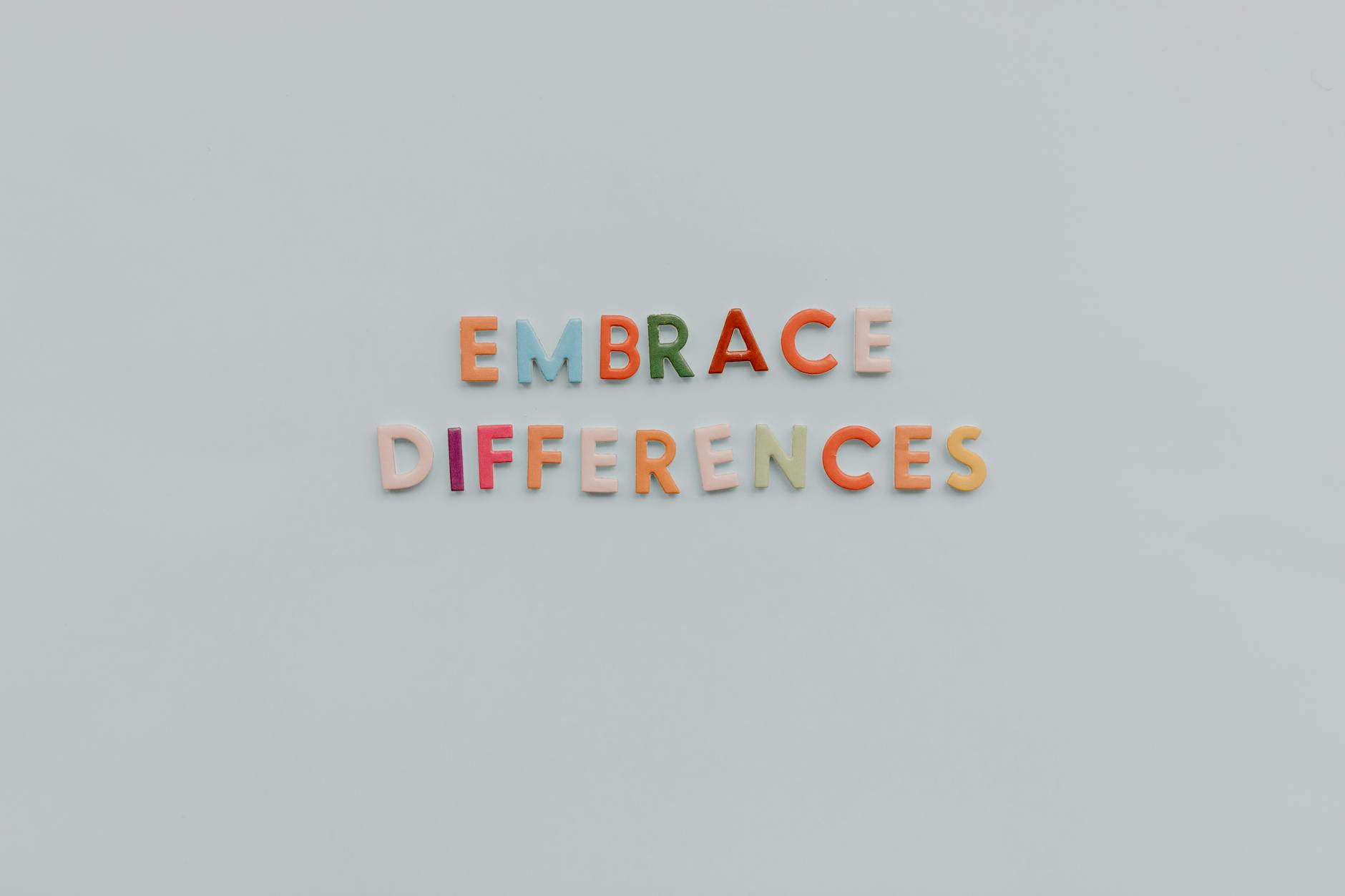Picture this: the struggle of navigating through a world that isn’t always designed with you in mind. As a Black or Brown individual who’s also neurodivergent, the challenges can feel insurmountable. The intersectionality of these aspects of your identity adds layers of complexity to the barriers you face in daily life.
Implementation Day is a beacon of hope, a space where neurodivergent individuals can find support and understanding. But why is implementation so hard when you’re Black or Brown and neurodivergent? The answer lies in the intricate web of societal norms, biases, and systemic inequalities that often leave individuals like you feeling overlooked and misunderstood.
Join me as we delve into the complexities of this intersectionality, unpacking the unique struggles faced by those at this crossroads. Let’s shine a light on the challenges and explore how we can work towards creating a more inclusive and supportive environment for all neurodivergent individuals.
The Struggle of Being Black/Brown and Neurodivergent
Living at the intersection of being black/brown and neurodivergent can present unique challenges that many may not fully comprehend. Let’s delve into the complexities faced by individuals who navigate the intricacies of these dual identities.
Facing Double Minority Status
Being part of two marginalised groups can lead to a sense of isolation and exclusion in society. Individuals who are both black/brown and neurodivergent often find themselves battling stereotypes and prejudices on multiple fronts. It’s a struggle that requires immense strength and resilience to navigate through a world that may not always understand or accommodate their intersectional identities.
Impact of Stereotypes and Prejudices
Stereotypes and prejudices can cast a long shadow over the lives of black/brown neurodivergent individuals, affecting their self-esteem, opportunities, and overall well-being. The weight of societal expectations and biases can hinder their ability to succeed in various aspects of life, from education and employment to social interactions. It’s a constant battle to challenge these misconceptions and carve out a space where their true potential can shine through.
As we shine a light on the challenges faced by those at the crossroads of being black/brown and neurodivergent, it’s crucial to recognise the need for empathy, understanding, and support to create a more inclusive and equitable society for all. Through awareness and advocacy, we can strive towards a world where every individual is valued and celebrated for their unique intersectional identity.
Photo by Miloš Steklý
Why Implementation Becomes a Challenge
Exploring the realm of implementation for individuals who identify as black/brown and neurodivergent unveils a landscape fraught with unique hurdles. Let’s delve into the reasons why implementation can be particularly hard for individuals at this intersection, considering factors like the lack of support and understanding.
Barriers to Effective Implementation
Navigating the path towards successful implementation is often hindered by a variety of barriers faced by black/brown neurodivergent individuals. These obstacles range from limited access to essential resources to the pervasive effects of discrimination within society. The struggle to secure equal opportunities and resources can significantly impede progress in turning ideas into reality. Coupled with biases and prejudices, these barriers present formidable challenges that can impede the implementation journey.
Navigating Workspaces and Educational Settings
In the dynamic landscapes of workspaces and educational institutions, the intersectional identities of black/brown neurodivergent individuals can amplify the challenges they encounter. Struggles within these environments can stem from a lack of awareness and accommodation for diverse needs, leading to feelings of alienation and exclusion. These hurdles not only affect one’s ability to thrive in such settings but also impact the successful execution of plans and initiatives. Navigating through work and academic spaces while bearing the weight of multiple identities requires resilience and perseverance in the face of systemic barriers.

Photo by Alexander Suhorucov
Embracing Intersectionality and Overcoming Challenges
In a world where intersectionality plays a significant role in shaping our identities, embracing our unique mix of characteristics can be a powerful tool in overcoming challenges faced by black/brown neurodivergent individuals. Building a Support Network and prioritising Self-Care and Advocacy are key strategies to navigate obstacles confidently. Let’s delve into effective ways to embrace intersectionality and enhance implementation skills.
Building a Support Network
Building a supportive community is crucial for individuals navigating the complex intersections of race, neurodivergence, and identity. Seeking allies who understand and empathise with the challenges faced by black/brown neurodivergent individuals can provide a safe space for expression and growth. Joining support groups, online communities, or seeking therapy from professionals well-versed in intersectionality can offer diverse perspectives and guidance.
 Photo by Andrea Piacquadio
Photo by Andrea Piacquadio
Self-Care and Advocacy
Practising self-care and self-advocacy are essential components of maintaining mental well-being and fostering resilience. Engaging in activities that promote relaxation, such as mindfulness exercises, journaling, or pursuing hobbies, can be empowering. Additionally, advocating for your needs, rights, and boundaries is a form of self-empowerment. Communicating openly with peers, educators, and employers about your unique challenges can lead to greater understanding and support.
 Photo by Tara Winstead
Photo by Tara Winstead
Join Us on Implementation Day!
In wrapping up our chat about why implementation can feel like climbing Mount Everest when you’re black/brown + neurodivergent, it’s clear that the challenges faced by individuals at this intersection are real and multifaceted. Understanding the unique struggles that come with being part of multiple marginalised communities is crucial in creating a more inclusive and supportive businesses


